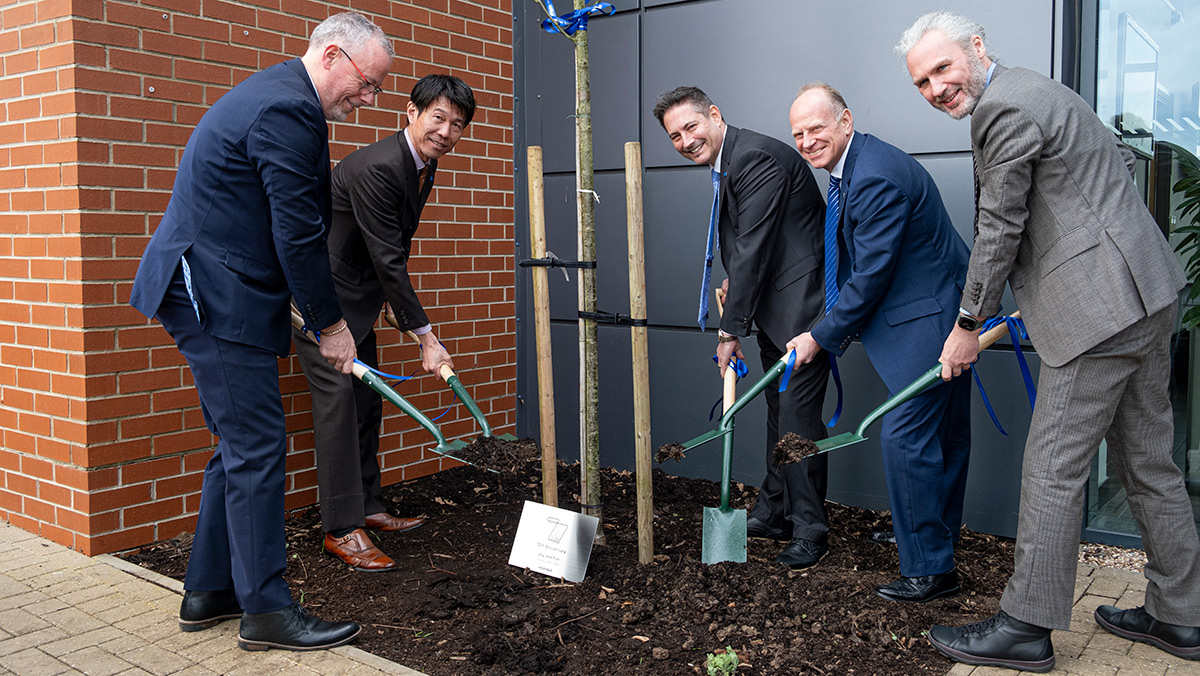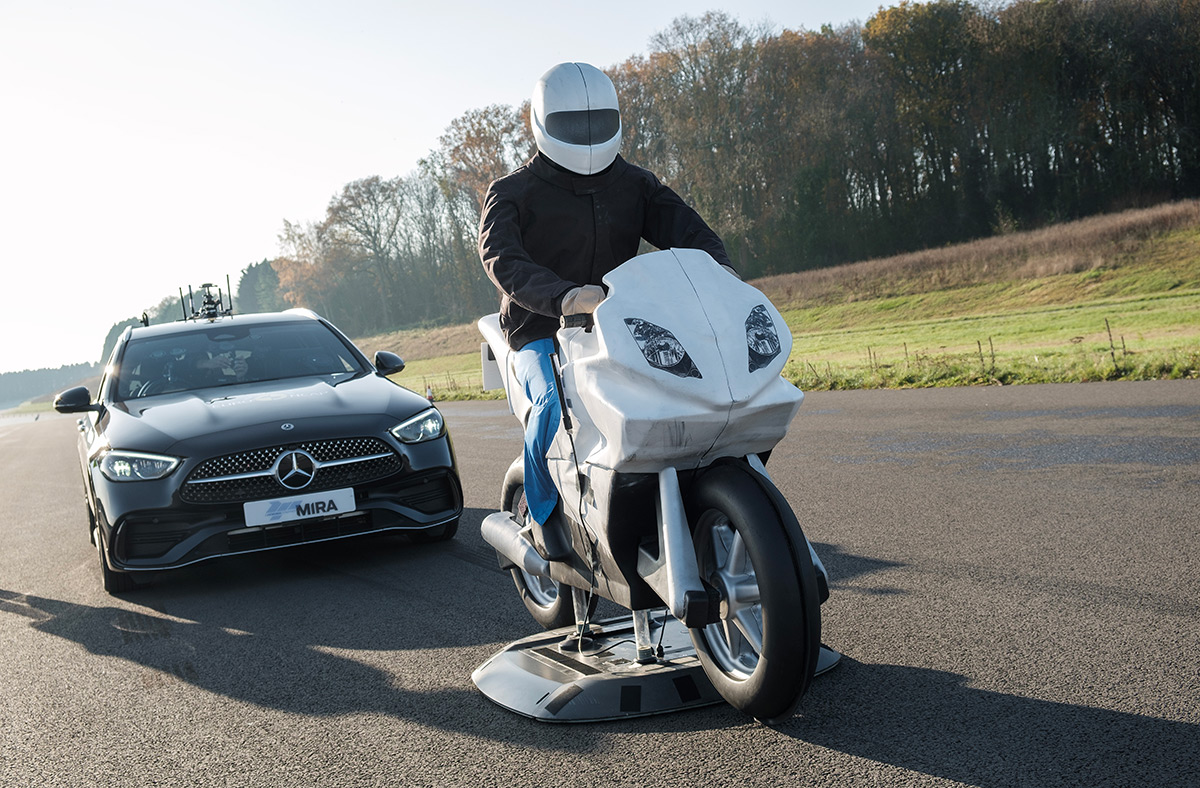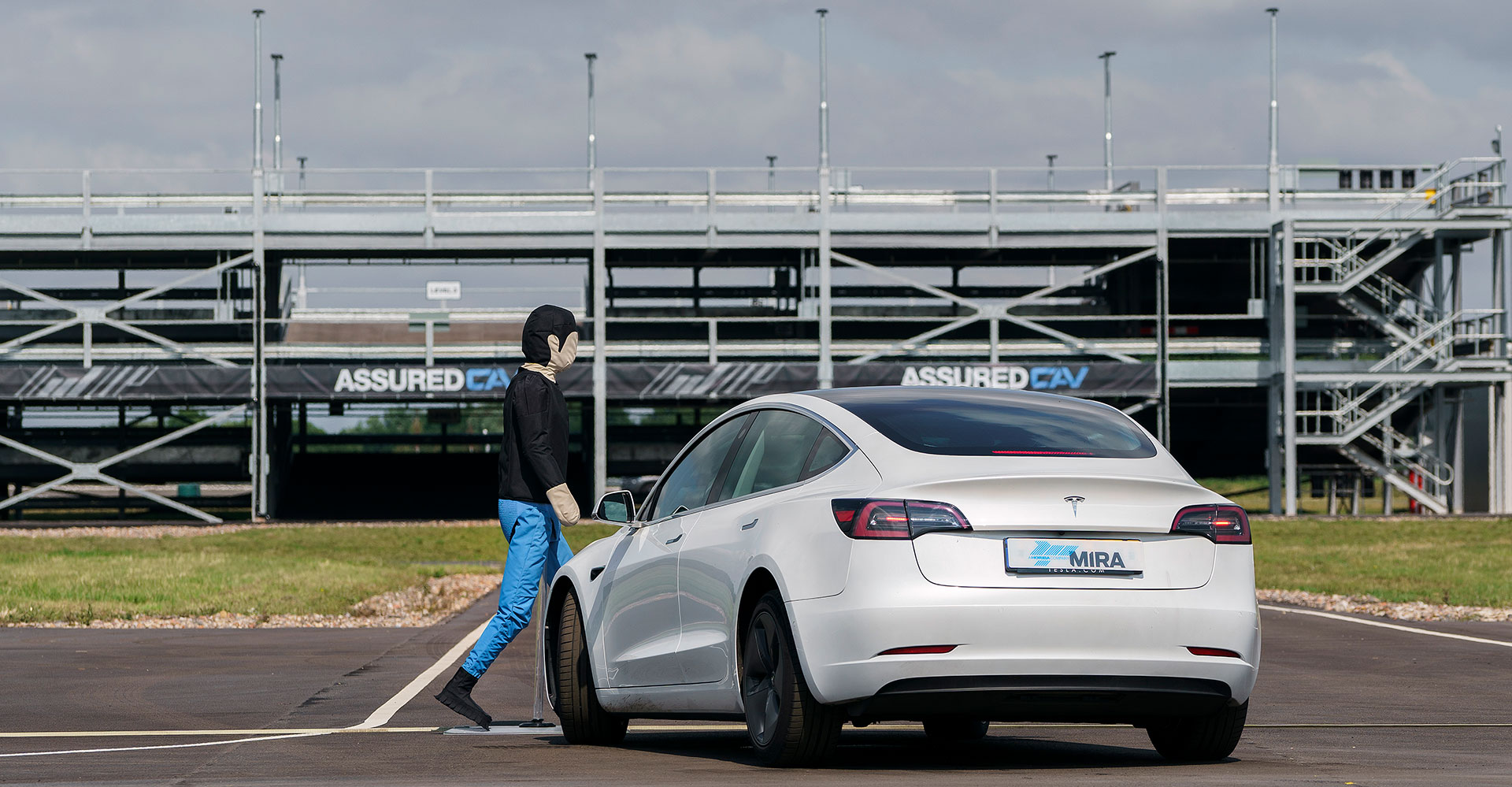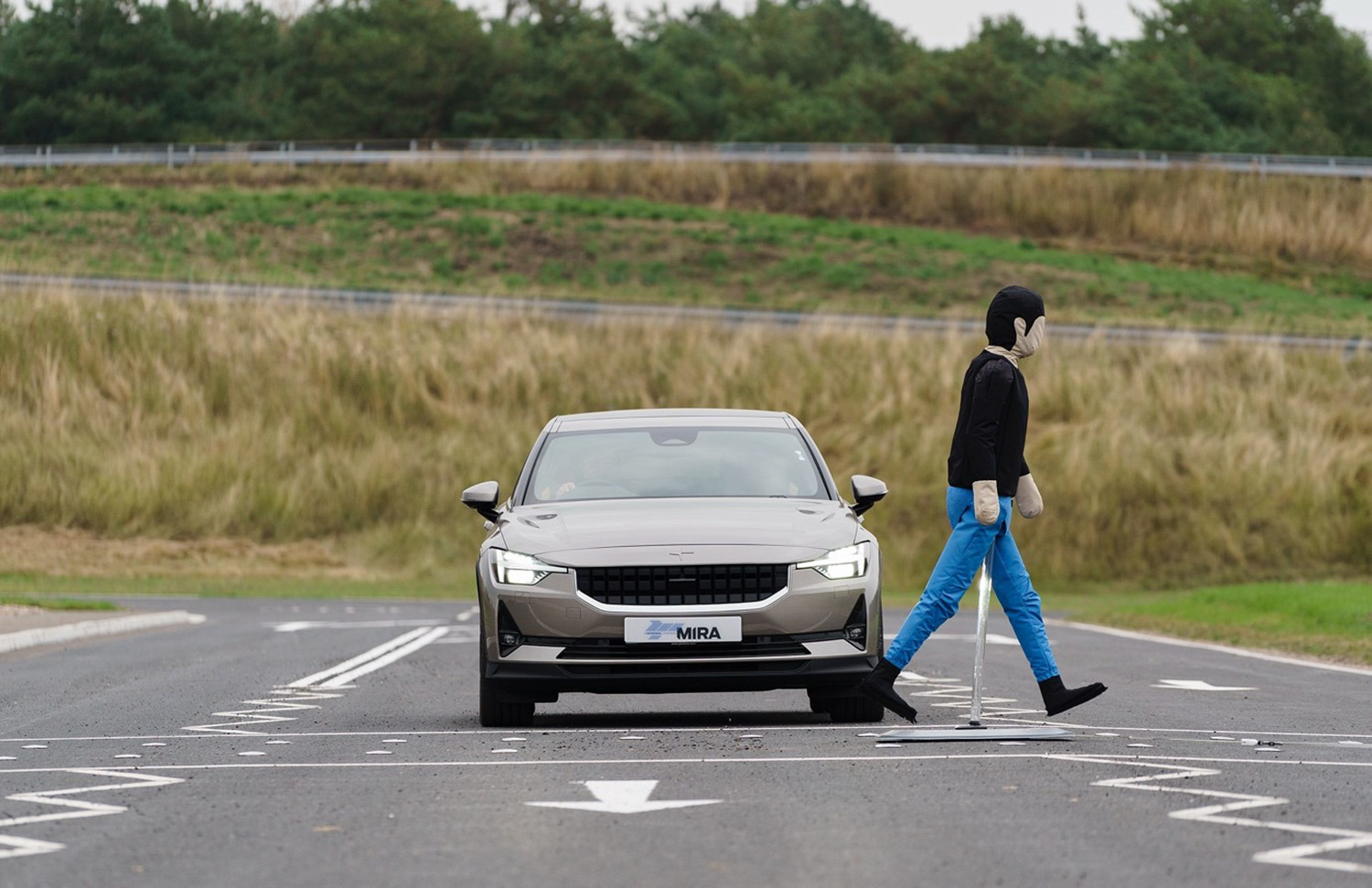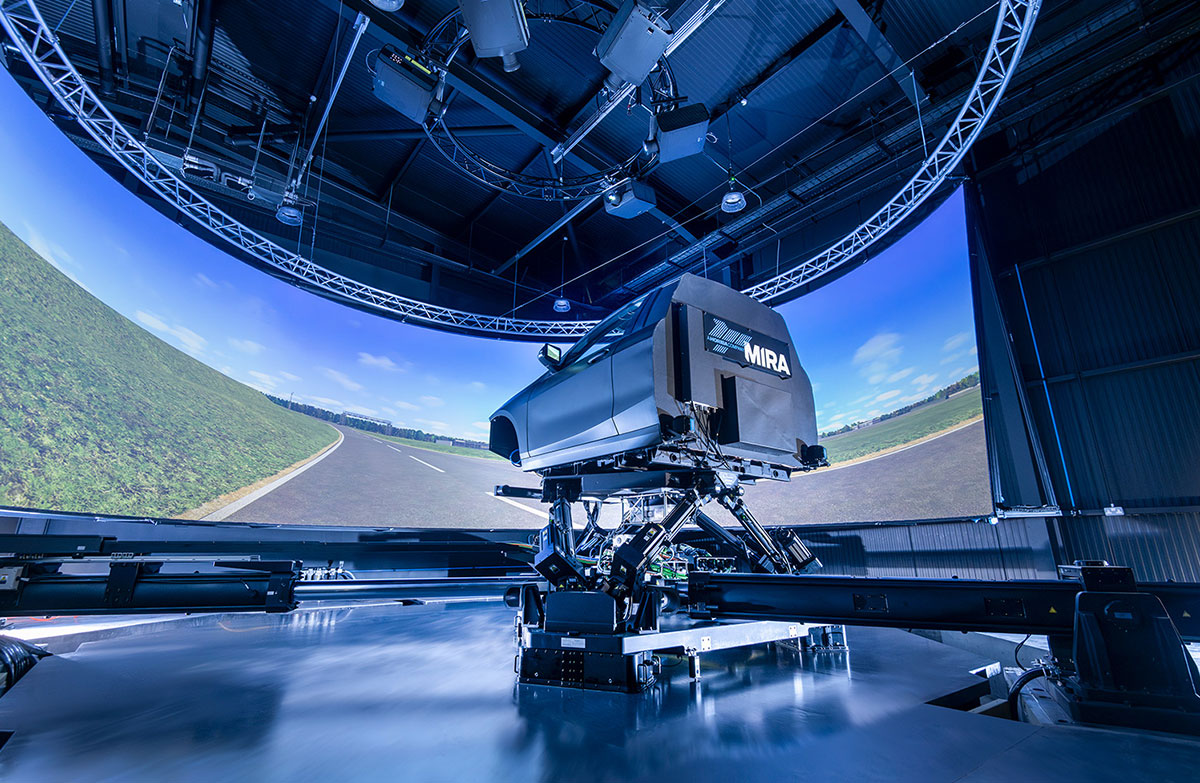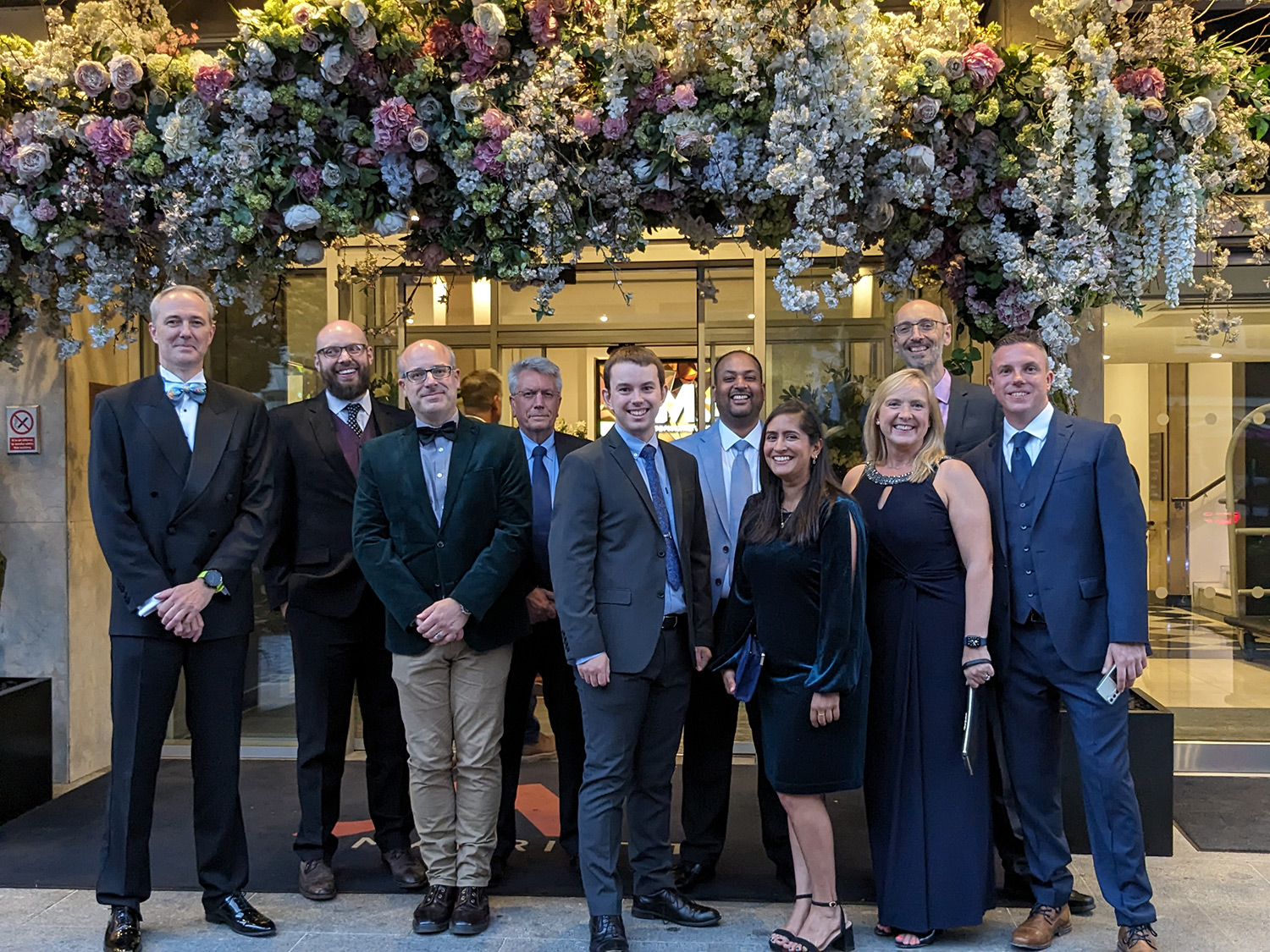BT & HORIBA MIRA develop solution to aid vehicle manufacturers with new lifetime duty of care to customers
Expert joint collaboration to provide vehicle manufacturers with solutions to manage new Type Approval obligations
- New Type Approval requirements under Regulation 155 will necessitate vehicle manufacturers to institute continuous cybersecurity monitoring and response capabilities
- These new cybersecurity obligations last for the lifetime of a vehicle
- HORIBA MIRA and BT collaborate to provide solutions for OEMs to establish and operate Vehicle Security Operations Centres (VSOCs) to enable regulation compliance
- Collaboration brings together best-in-class automotive cybersecurity engineering know-how and experience in delivering global Security Operations Centres
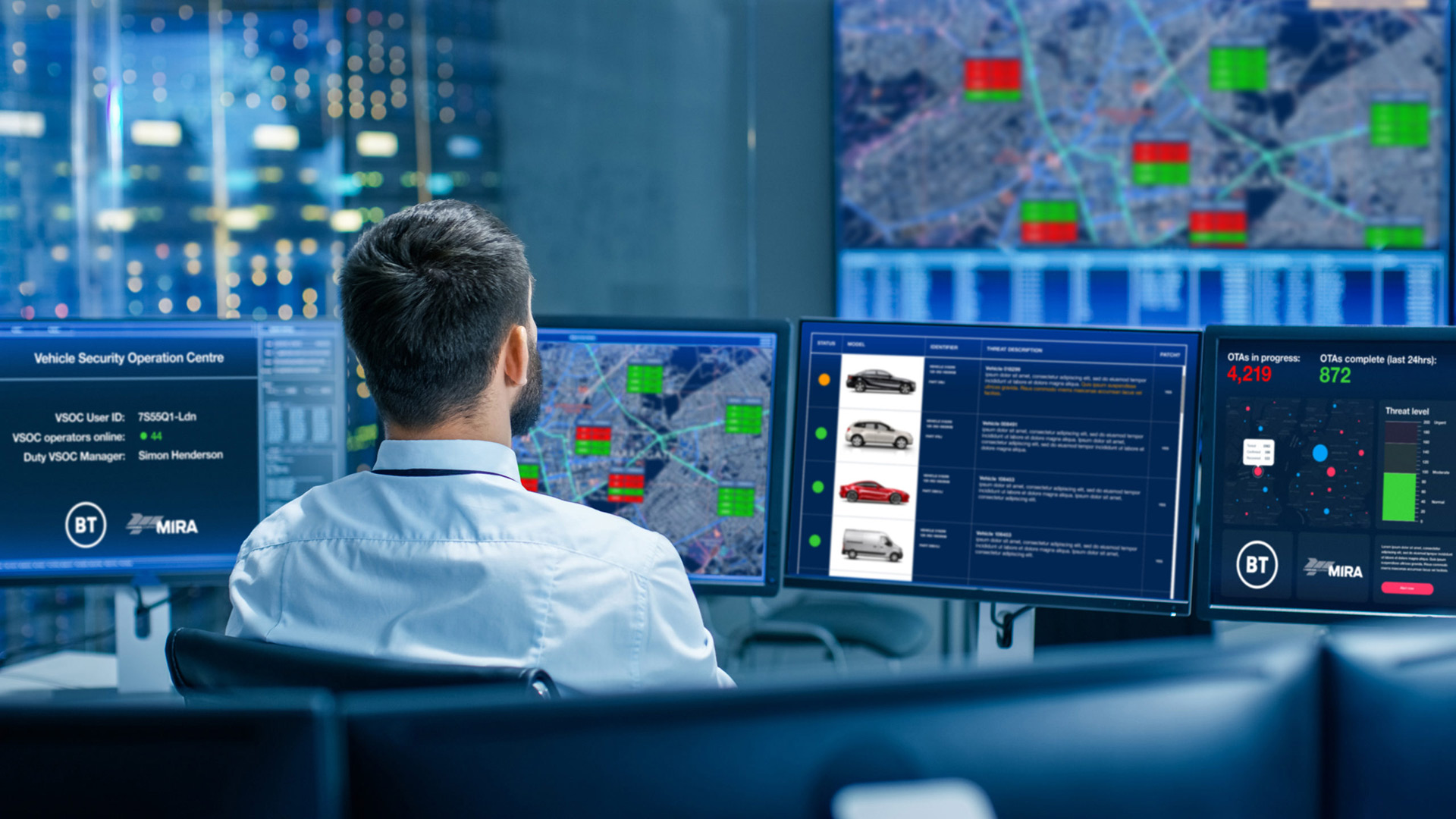
Nuneaton, Warwickshire. Europe’s leading automotive engineering consultancy, HORIBA MIRA, and BT today unveiled an established collaboration intended to assist vehicle manufacturers to manage new cybersecurity rules that come into force in July 2022. This new regulation requires vehicle manufacturers to provide a lifetime of cybersecurity stewardship to all customers in order for vehicles to achieve Type Approval and thereby be sanctioned for sale.
The HORIBA MIRA and BT collaboration provides a solution to this major organisational, technical and cultural challenge presented to manufacturers by the new UNECE Regulation 155.
Regulation 155 makes it mandatory for manufacturers to monitor, detect and respond to cybersecurity attacks, threats and vulnerabilities not just at point of sale, but throughout the life of all new vehicles sold. Compliance with Regulation 155 will be a prerequisite to securing vehicle Type Approval and allowing a vehicle model to be sold.
HORIBA MIRA and BT’s solutions to the new regulation is founded on the development and operation of Vehicle Security Operations Centres or VSOCs.
Similar to a conventional IT Security Operations Centre, a VSOC is a mobility-grade combination of tools, processes and personnel to monitor, detect and respond to cybersecurity events and attacks throughout the entire lifecycle of a vehicle that takes into account the distinct nature, diversity and scale of cyber liabilities that vehicles present. A suitably configured VSOC will provide unified security with converged monitoring, detection and response covering the vehicle, IT and operational technology (OT) domains and will account for the rapid increases in vehicle functionality and connectivity.
HORIBA MIRA and BT have been collaborating for three years to define and prove their VSOC capability for vehicle manufacturers, the tiered supply chain and fleet operators. Their response for the industry includes consultancy and advisory services through to operational solutions that will detect and mitigate security threats.
The collaboration’s VSOC capability blends BT’s established track record in the development and management of global Security Operations Centres and HORIBA MIRA’s internationally-renown expertise in automotive cybersecurity alongside its active contribution to the framing of the new Regulation.
Dr Geoff Davis, HORIBA MIRA’s Chief Strategy Officer. said,
“Regulation 155 marks a fundamental shift in the way our industry thinks and operates. And time to institute solutions to comply with this new requirement is short for such a substantive undertaking. That’s why our extensive preparation with BT over the last three years is so commercially important as it offers turnkey solutions for manufacturers to maintain their sales and product portfolio without interruption,”
Adrian Baker, BT’s Client Partner said
“Our collaboration with HORIBA MIRA means together we are able to help customers navigate the new regulations with confidence. By combing our skills and knowledge we can offer manufacturers the support they need today and into the future. The developments we have made together puts us in a unique postion to provide the best levels of service.”

